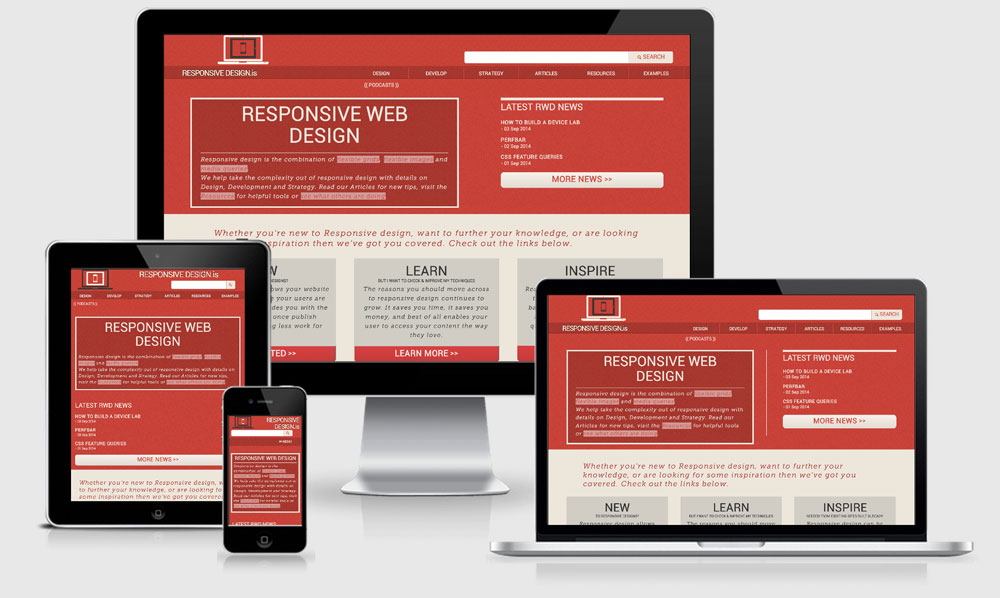Jeremy Keith recently wrote about podcasting over at https://adactio.com/journal/8091.
The article starts off as a bit of an overview of the article Ten Years of Podcasting: Fight Human Nature (https://medium.com/technology-musings/ten-years-of-podcasting-fighting-human-nature-1bf2de96d6e4)
In the article by Matt he gives kudos to HuffDuffer, a little web app that Jeremy put together that allows you to capture a list all of your favourite podcasts in one place. This allows you to collect and share and find other podcasts around the web that you may not have come across previously.
One of my favourite things about this particular service is that it relies on being able to access the MP3 file from the originating site rather than create a copy of this.
The second part of the article points out that folks that are getting in to Podcasting should be hosting their shows on SoundCloud. This is something that I did when I first started taking baby steps into the world of podcasting (I’m barely past the crawling stage to be fair, and often I’m still spitting up on myself and soiling my nappies if we’re going to take this baby analogy further).
Choosing somewhere to host your files…. in the process of deciding anything anything when building something online comes down to two thoughts/decisions.
- Finding something that does something that you need.
- Finding something that does something that you can actually find and implement.
There are many occasions where someone has chosen a particular path because it covers everything they’re going to need to do… but never actually launched because it was too complicated with too many overheads to get going. On the flip side, I’ve seen many things launched that don’t quite fit the requirements because it was the easy options and they were not away of anything else that might have been able to work.
On a total side note, THIS PROBLEM — complexity vs capability/knowledge — is why it’s okay to charge <insert large number here> for <insert problem here> when it only takes you <insert short time frame here>. It’s because you’ve managed to gain a wealth of knowledge about how best to do things over many many years of trial and error (it’s called charging for your experience, and trust me you’ve got some). I digress.
Choosing a podcast platform
For me the things I wanted to achieve were this.
- My server had limited space and bandwidth was expensive, so off site hosting was good.
- I wanted to track the number of listens
- I wanted the podcast to be easily found
- I wanted the ability to nest the podcast onto my site (youtube/vimeo embed style)
- I didn’t want to pay money for it
With my limited knowledge of podcasts I decided that Sound Cloud was the way to go. After setting it up super quick and simple I was away.
Unfortunately after the second week I started to run into problems.
Sound Cloud only allowed me to upload a certain amount of time worth of podcasts each month, and there was a limit on my overall storage. That, coupled with the fact I talk for a LONG time on the podcast, meant that I had to go onto the pro version of soundcloud.
Now my expenses had gone up to host them there.
Next issue was that people wanted to download the podcast, or add them to HuffDuffer. I didn’t have any file apart from the one I uploaded to Sound Cloud so I created a Bucket on Amazon S3, hooked up CloudFront to it and started storing the content there. At this point I considered moving to a HTML5 <audio> player but I still wanted to track the number of listens to the track.
The next problem came when I again needed to upgrade my Sound Cloud account because I was using too much content. At this point there was little point to keep it up there, in fact the only reason was tracking. AFter a bit of googling, reading and researching I found LibSys which allowed me to host podcasts with them and track them through their interface.
Now I had sound cloud that was doing nothing except providing a nice-ish (although Flash required) player for my podcasts, and if I used that then I would not get a real understanding on the analytics because they’d be split between SoundCloud and LibSyn.
At this point I bailed. I migrated all the old show across from soundcloud to Amazon S3 and pointed LibSyn to them, going back over the episodes and replacing the nested <iframe> with a more supported <audio>.

